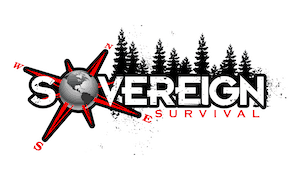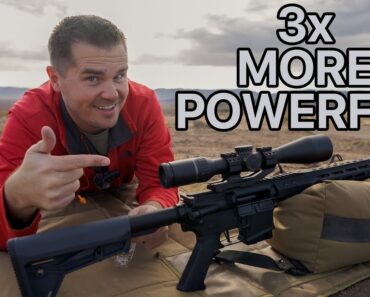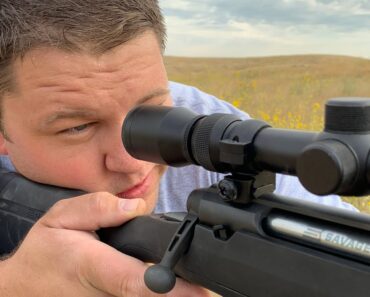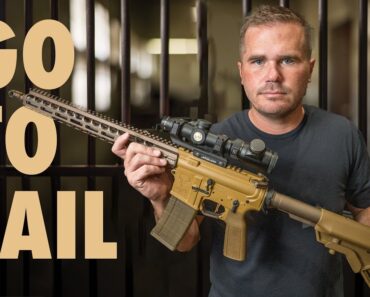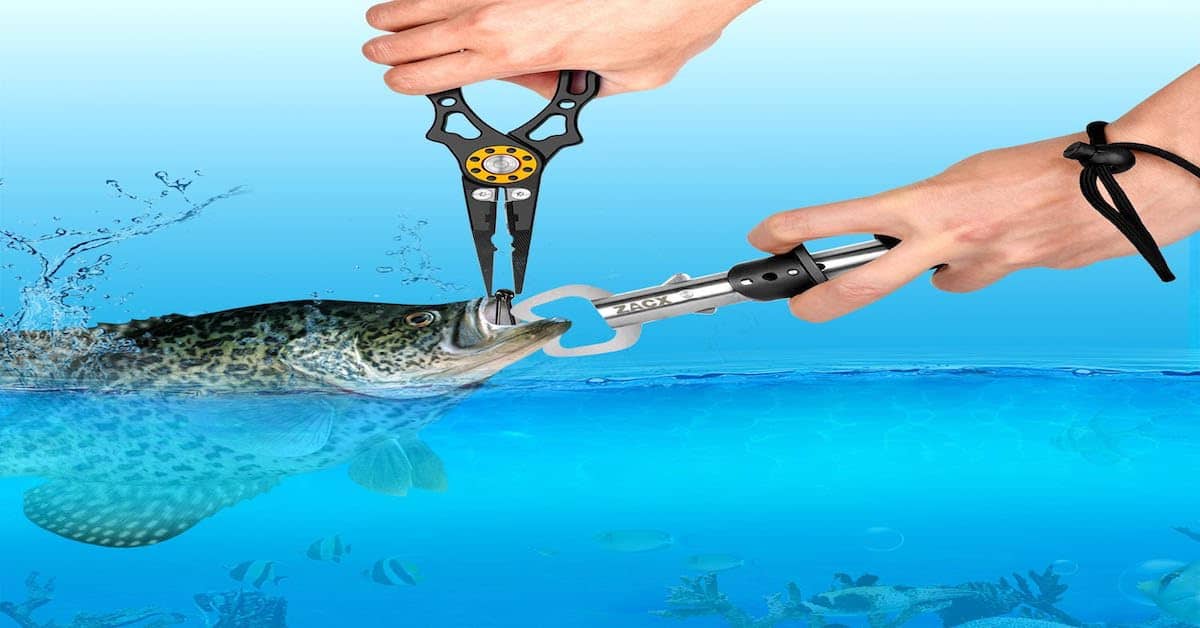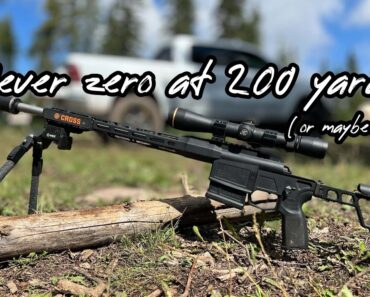Whether you choose to purchase your survival gear online or through a brick-and-mortar shop, the sheer number of choices can leave even the experts among us overwhelmed.
You will be faced with questions like – what products are worth the price, what to buy, and how to remain within your budget and not compromise on the quality?
In this article, we will discuss some of the rules that I have established over the years through personal experience and knowledge regarding the correct way to invest in survival gear.
22) Understand Your Needs
There is a huge market for survival gear, offering a mindboggling amount of variety. So before you can even create a checklist, you need to understand your needs.
Are you a hardcore survivalist?
Or have you just recently realize the importance of having a disaster plan.
Do you want to prepare for basic emergencies or the worst possible scenario imaginable?
21) Understand Your Options
You need to understand the type of equipment that is available and determine what conforms to your needs. For example, most survival gear can be categorized into groups: expensive versus cheap, light versus heavy and pre-made versus do-it-yourself.
20) Strategize
If you cannot invest time researching various equipment, then you will want premade survival gear kits. Whatever you decide, just make sure to stick with it, and it fits your needs.
19) Create a Plan
You cannot expect to buy everything at once. You will want to designate a certain amount of your earnings for survival equipment and slowly accumulate the equipment you need over the course of time.
18) Prioritize
What is most important for your region? For your type of weather? For the types of emergencies that can happen in your area? Emergency food and water will always have more weightage than tents and sleeping bags.
17) Look For Deals
Talk to your seller and see if they can throw you a good deal for making all of your purchases from them. This way you can reduce some of your costs and allow yourself to purchase more equipment at a time.
16) Significance of Warranty
Sometimes our purchases turn out to be faulty. This is a reality that we need to accept. Even an iPhone can turn out to be defective. Hence, you want to make sure you buy only those items that come with a decent warranty.
15) Never Skimp on Quality
We are talking about emergency equipment and survival gear. The things you will use in only the direst situations. As your last line of defense and contingency, you will want to make sure you can fully rely on it.
14) Purchase only From Your Country
China and other emerging economies have taken up cheap manufacturing for the entire world. And buying from these countries at a cheaper rate can be quite alluring, but you want to make sure you get the best quality and can return and get replacements without spending more money.
13) Always Check For Positive User Reviews
Make sure you always check the user reviews of the equipment you plan to buy. If a decent number of people are happy with their investment, then you can go ahead and make your purchase.
12) Always Opt for Multi-Purpose Equipment
These are your emergency items and you want to get the most from each piece of equipment. This way you will get more value for lesser purchases. It’s also more efficient in terms of storage and conveyance.
11) Importance of Waterproof
You will have to get bags, kits, and vests to carry your survival gear. Always make sure your equipment is waterproof. This is a must for obvious reasons.
10) Equipment that Doesn’t Require Electricity
You don’t want emergency lights or radio that need electricity to run. Try to eliminate your reliance on electricity as far as your survival gear is concerned.
9) Short and Long-Term Preparation
When buying survival gear you need to focus on both short and long-term preparedness.
8) A Backup for the Backup
As far as disaster planning is concerned you don’t want to leave anything to chance. Hence, backup your emergency equipment with another set of backups.
7) Ease of Store
Storing several gallons of water for all of the household members can take up a lot of space. So always buy containers for both food and water that can be easily and efficiently stored.
6) Non-perishable Foods
This is quite obvious but still a rule that must be mentioned. Only purchase foods with a really long-lasting life such as dehydrated foods. You don’t want to replace your food supplies every six months.
5) High Nutritious Foods
You want to make the most with less, so only store foods that offer high nutritional value.
4) Never Buy Salty or Spicy Foods
Eating salty and spicy foods make you more thirsty than usual. Since water will be in limited supply, you don’t want to waste more water because of the wrong type of food.
3) Multifunction Foods
You want to get foods that will have a decent blend of proteins, carbohydrates and fats. For example, oats, rice, pasta, and beans, all are cheap and highly nutritious.
2) Alternative Source of Water
Water can always run out and you need for have an alternative source of water. You can make contingency plans by investing in a good water purifier.
1) All Aspects of Health
Time of emergencies and disasters can lead to injuries and you don’t want to be left unprepared in the case of a health emergency or injury. Make sure you properly stock up on all of the medical essentials along with any specific needs of the household members.
Following these extremely simple, yet highly effective 22 rules will allow you to not only spend your hard-earned money wisely but also make sure you are completely prepared for all forms of disasters.
If you have your own set of rules, please, do feel free to share them with us, as we all need to work together and help each other to ensure we are all prepared for any disaster that is to come.
